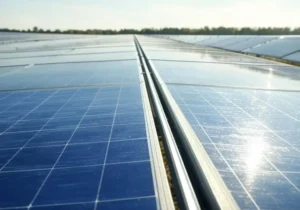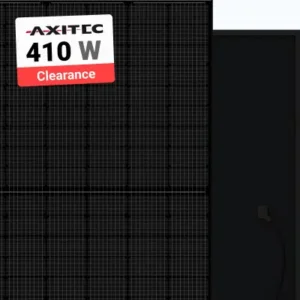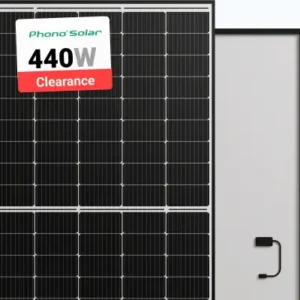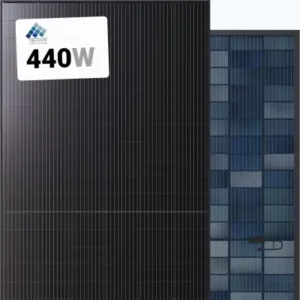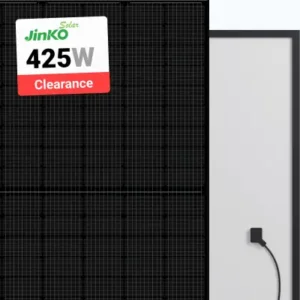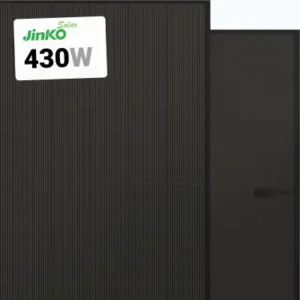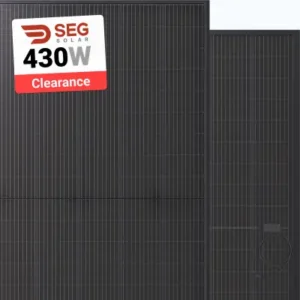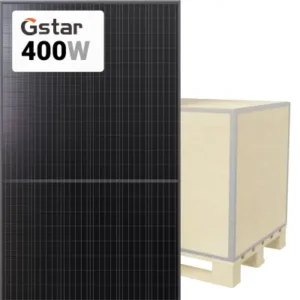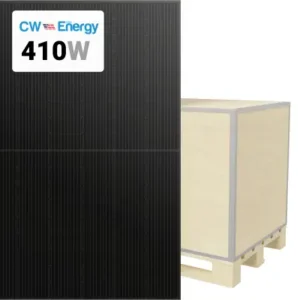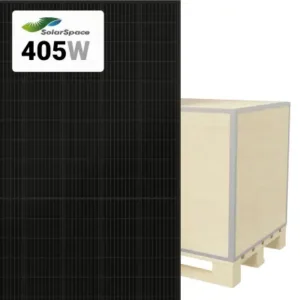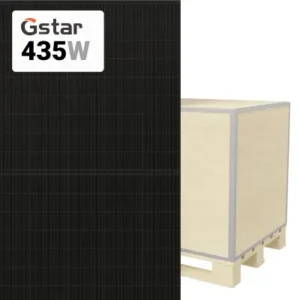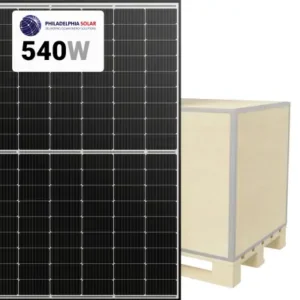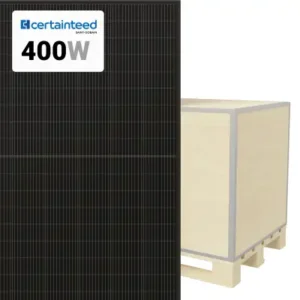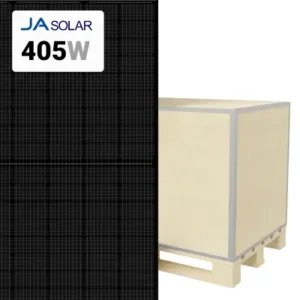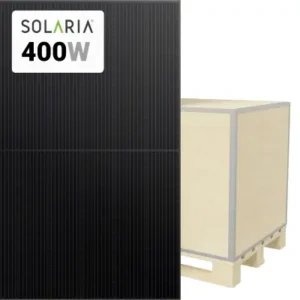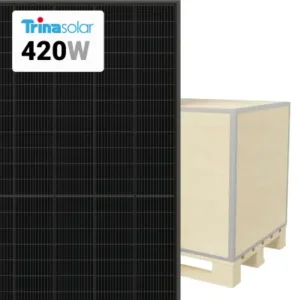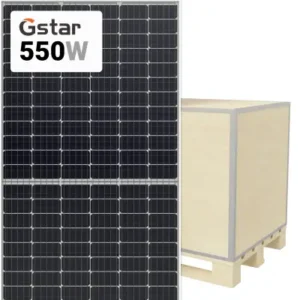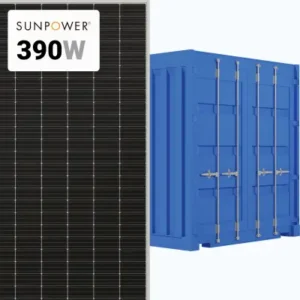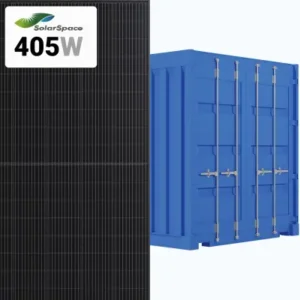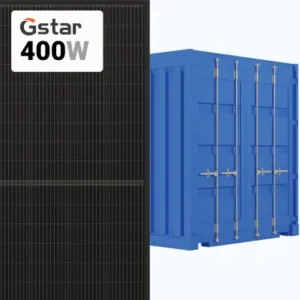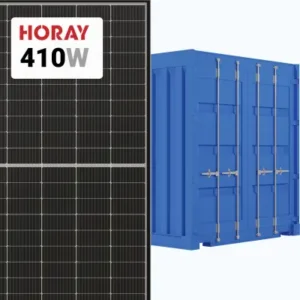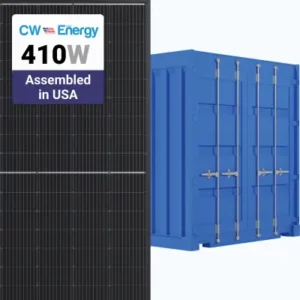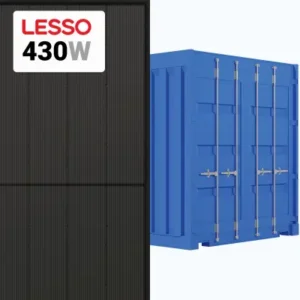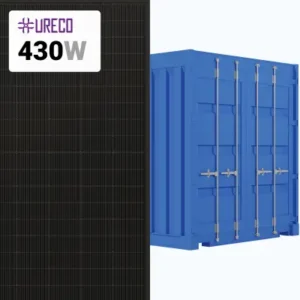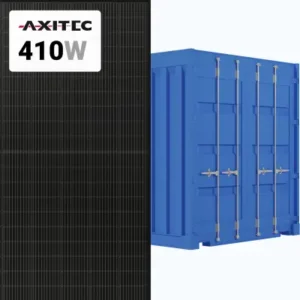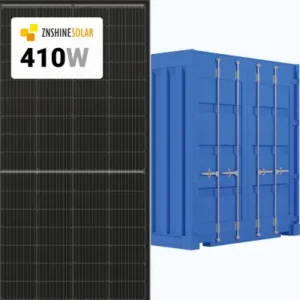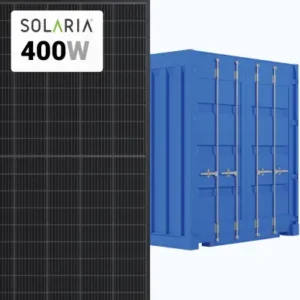New Hampshire (NH), the Granite State, is known for its scenic mountains and growing commitment to solar panels in NH. With ample summer sunshine and strong solar incentives, residents are adopting solar panels in New Hampshire to reduce high electricity bills and live sustainably. From Manchester’s urban hub to Conway’s rural retreats, Hanwha Q Cells, a global leader in solar technology, offers high-efficiency solar panels and inverters for sale in NH, tailored to New Hampshire’s climate. Whether you’re a homeowner in Nashua, a farmer in Rochester, or a business owner in Portsmouth, Hanwha Q Cells delivers reliable solutions. This guide explores why Hanwha Q Cells is ideal for solar panels in New Hampshire, highlights top products for sale, and directs you to where to buy them across NH.
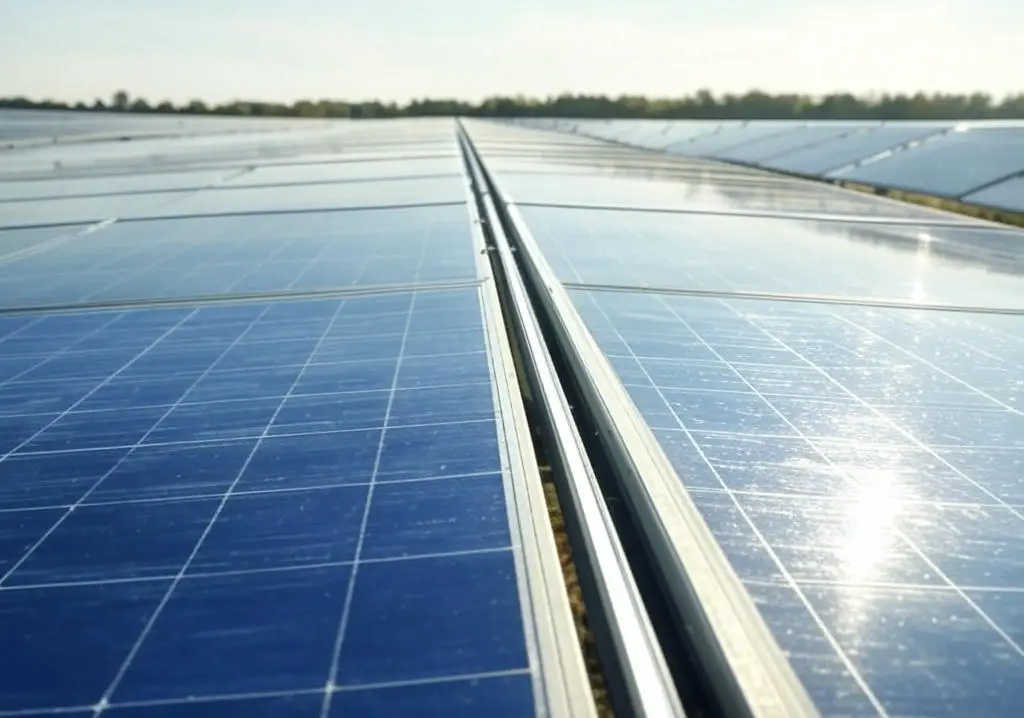
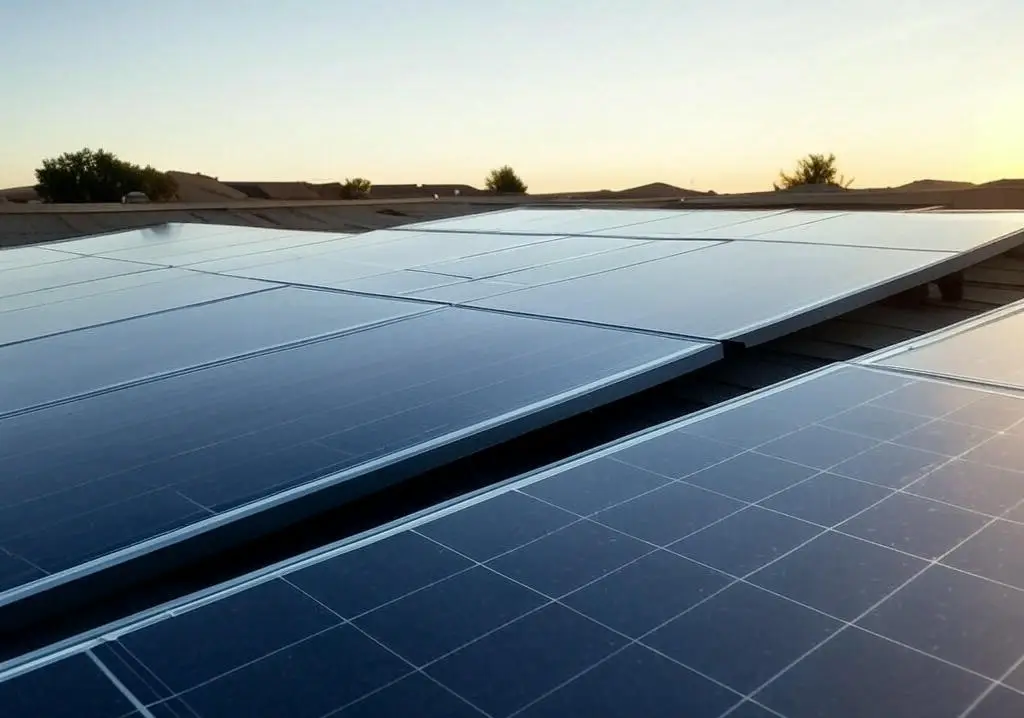
Why Hanwha Q Cells Shines in New Hampshire
Hanwha Q Cells blends German engineering with South Korean manufacturing expertise, producing solar products renowned for quality and durability. Founded in 1999 and part of the Hanwha Group since 2012, it’s a top global manufacturer. In New Hampshire, where electricity rates average 21 cents per kWh—one of the highest in the Northeast—Hanwha Q Cells helps residents and businesses harness sunny days for significant savings.
The company’s Q.ANTUM technology enhances monocrystalline cells with nano-coatings and multi-busbar designs, boosting efficiency to generate more power per square foot. This is perfect for New Hampshire’s compact homes in Concord or commercial rooftops in Salem. The Q.PEAK DUO series, with efficiencies up to 21.4%, offsets high utility costs, especially during summer tourism peaks.
New Hampshire’s climate features sunny summers, harsh winters, and heavy snow. Hanwha Q Cells panels are tested for cold, snow loads, and wind resistance, thriving in Keene’s icy winters or Hanover’s snowy springs. The Q.TRON series, with Q.ANTUM NEO technology, excels in low-light conditions, ensuring output during cloudy days in Derry or short winter days in the White Mountains.
Solar inverters convert DC power from panels into usable AC electricity. Hanwha Q Cells partners with brands like Enphase and SolarEdge to offer inverters that optimize energy production and provide monitoring. In New Hampshire, where blizzards can disrupt power, these inverters, paired with battery storage, ensure reliability for homes in Dover or businesses in Laconia.
Benefits for New Hampshire’s Energy Future
New Hampshire aims for 25% renewable energy by 2025, and Hanwha Q Cells supports this with durable products. Panels offer 12–25-year product warranties and 25-year performance guarantees, maintaining at least 85% output after decades, giving Granite Staters confidence in their investment.
Financial incentives enhance the appeal. The federal Investment Tax Credit (ITC) provides a 30% deduction on installation costs through 2032, and New Hampshire’s net metering policies credit excess energy, ideal for sunny areas like Manchester. State rebates, like those from the NH Public Utilities Commission, add savings. A 400W Q.PEAK DUO panel, priced around $220–$250 in New Hampshire, can pay for itself in 4–6 years in high-sun areas like Nashua, factoring in ITC, net metering, and rebates.
Businesses, from ski lodges in North Conway to farms in Merrimack, benefit from Hanwha Q Cells’ commercial panels. The Q.PEAK DUO XL series reduces installation costs with higher wattages, while bifacial designs capture reflected light from snowy fields, boosting output by up to 15%. Paired with SolarEdge inverters, these systems lower costs and align with New Hampshire’s clean energy goals.
Top Hanwha Q Cells Products for Sale in New Hampshire
Hanwha Q Cells offers solar panels and inverters suited to New Hampshire’s needs. Here are some top products:
- Q.PEAK DUO BLK ML-G10+ (400W)
- Efficiency: 20.2%
- Features: Q.ANTUM DUO technology, half-cut cells, all-black design
- Ideal for: Homes in Manchester or Nashua
- Price: ~$220–$250 per panel
- Benefits: Sleek look, snow-shedding durability
- Q.TRON BLK M-G2+ (430W)
- Efficiency: 21.6%
- Features: Q.ANTUM NEO, nano-coated cells, low-light performance
- Ideal for: Homes in Concord with cloudy days
- Price: ~$270–$300 per panel
- Benefits: Strong output in overcast conditions, 25-year warranty
- Q.PEAK DUO XL-G10.3/BF (475W)
- Efficiency: 20.8%
- Features: Bifacial cells, 156 half-cut design, snow-resistant frame
- Ideal for: Businesses in Portsmouth or farms in Rochester
- Price: ~$310–$340 per panel
- Benefits: Extra yield from snow reflection, built for large projects
- Enphase IQ8 Microinverter
- Power: 290–380W per panel
- Features: Panel-level optimization, cold-weather performance
- Ideal for: Homes in Dover or Derry
- Price: ~$140–$190 per unit
- Benefits: Mitigates shading, supports battery storage
- SolarEdge HD-Wave Inverter (6–10kW)
- Power: Up to 11.4kW
- Features: 99% efficiency, real-time monitoring
- Ideal for: Businesses in Salem or schools in Laconia
- Price: ~$1,700–$2,400 per unit
- Benefits: High efficiency, scalable for growth
These products are designed for New Hampshire’s sunny summers and snowy winters.
Where to Buy in New Hampshire
New Hampshire’s solar market offers several purchasing options:
- Online Retailers
- A1 SolarStore: Stocks Q.PEAK DUO 400W (~$230) and Q.TRON 430W (~$280), shipping to Manchester or Nashua.
- Solaris-shop.com: Offers kits with 10 Q.PEAK DUO panels and Enphase inverters (~$6,500), ideal for DIYers in Concord.
- US Solar Supplier: Provides Q.PEAK DUO XL 475W (~$320), great for contractors in Portsmouth.
- Local Distributors
- SunWatts: Sells Q Cells kits (e.g., 5kW system with 12 Q.TRON panels and SolarEdge inverter, ~$7,500), available in Manchester.
- EcoDirect: Offers Q.TRON 430W (~$290), serving businesses in Salem or Dover.
- NH Solar: Provides Q.PEAK DUO 400W systems (~$8,000 for 6kW), based in Concord.
- Installers
- ReVision Energy (statewide): Integrates Q.TRON panels with Enphase inverters (~$9,000 for 6kW post-ITC), serving Portsmouth.
- New England Clean Energy (Hudson): Installs Q.PEAK DUO XL for businesses (~$40,000 for 40kW), covering Rochester.
- Granite State Solar (Concord): Provides Q.PEAK DUO 400W systems (~$10,000 for 7kW), serving Laconia.
Pricing averages $0.70–$0.85 per watt, with urban areas like Manchester higher than rural ones like Conway ($0.65–$0.80). Bulk orders can hit $0.50 per watt through distributors like CSE Solar USA.
Tailoring Your New Hampshire Solar System
In southern New Hampshire (e.g., Nashua), a 6kW system with 15 Q.PEAK DUO 400W panels and a SolarEdge inverter suits homes (~$9,000–$11,000 pre-incentives). In snowy areas (e.g., Conway), Q.TRON 430W panels with Enphase microinverters handle clouds (~$10,000 for 6kW). Businesses in Portsmouth might use 80 Q.PEAK DUO XL 475W panels (~$50,000), while farms in Rochester pair 8 Q.TRON panels with SMA inverters (~$12,000).
Hanwha Q Cells’ mounting systems adapt to New Hampshire’s shingle or metal roofs, with snow-resistant designs. Permitting is streamlined in cities like Concord.
The Future of Solar in New Hampshire with Hanwha Q Cells
Hanwha Q Cells supports New Hampshire’s clean energy goals with U.S.-made panels from Georgia and a $2.5 billion production investment. Perovskite tandem cells, targeting over 28% efficiency, promise greater savings from Berlin to Keene.
For Granite Staters, Hanwha Q Cells offers savings, reliability, and sustainability. Shop online or contact installers to power your future.

